Understanding the Global Impact of South Korean Media
The global success of South Korean media, from K-pop to K-dramas and digital platforms, is a defining phenomenon in today’s media landscape. Known as Hallyu or the Korean Wave, this cultural movement challenges Western-dominated narratives and reflects the emergence of a more multipolar media world.
Rethinking Theory: Moving Beyond Western Frameworks
While there has been a surge in research under the umbrella of Korean Wave Studies, much of it continues to rely on Western-centric theoretical models. The upcoming special issue aims to shift the discourse by encouraging theoretical contributions that prioritize local contexts, without completely discarding Western academic traditions. The goal is to create multipolar centers of knowledge production that enrich the global academic community.
Why De-Westernization Matters in Hallyu Studies
The popularity of Korean media has sparked global interest in cultural diversity and counter-narratives to Western modernity. However, many existing studies still interpret Korean media through frameworks such as post-colonial desire, hybridity, or self-Orientalism—concepts grounded in Western academia. These theories may not fully reflect Korea’s unique post-colonial condition, which involves complex dynamics with Japan and the United States, rather than direct colonization by Western powers.
The Role of New Media in Global Hallyu
South Korea’s media success is inseparable from its new media strategies. From digital games and webtoons to interactive K-pop platforms, Korean cultural industries are reshaping global media economies. This rise is often fueled by global fan participation, giving rise to social and political questions about affective labor, fandom culture, and digital activism.
Themes and Topics for Submission
Scholars are invited to contribute theoretical insights on a wide range of topics, including:
- De-Westernizing Hallyu Studies
- Theorizing digital fan engagement and transnational fandoms
- Indigenizing cultural theories within Korean media contexts
- Analyzing the simultaneous presence of post-colonial and neo-colonial influences
- Reimagining theoretical frameworks for digital cultural platforms
- Exploring the civic power of fans in the global media order
- Methodological innovation in Korean Wave research
Submission Guidelines and Deadline
Interested scholars should submit their manuscripts (max. 7500 words) by December 30, 2025. Submissions must follow the journal’s official guidelines and include the title of the special issue in the cover letter. This special issue does not require any author payment.
Meet the Guest Editors
Dr. Sunny Yoon
Professor of Media and Communication at Hanyang University, Dr. Yoon specializes in cultural studies, digital media, and audience ethnography. Her notable works include Social Media and Cultural Politics of Korean Pop Culture in East Asia (Routledge, 2023).
Dr. David Oh
Associate Professor at Syracuse University’s Newhouse School of Public Communications, Dr. Oh’s research covers Asian American media, Korean popular culture, and transnational fandoms. He has published extensively and serves on editorial boards across communication and media studies.
Should you have any queries, feel free to forward it to Dr. Sunny Yoon
at syoon@hanyang.ac.kr
(The information shared here is sourced from official websites and has been reviewed by Media Research for relevance and authenticity. However, we advise caution, as there may still be potential risks. Please avoid sharing any sensitive personal information when applying. The Image is AI generated)
Media Research offers comprehensive research consultation tailored to your needs. Book your appointment now using the form or email at contact@mediaresearch.co.in

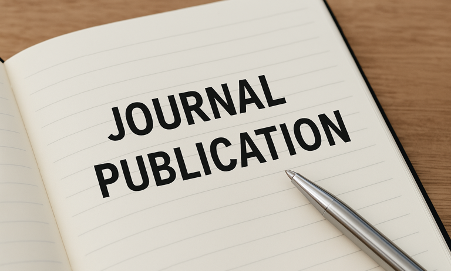

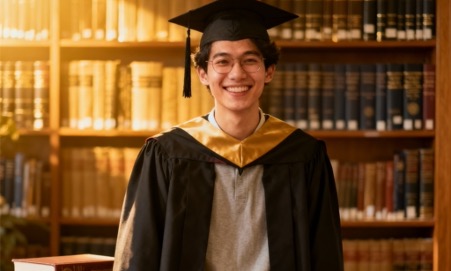
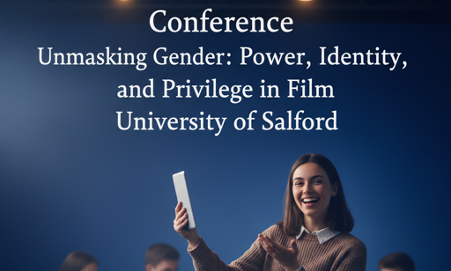
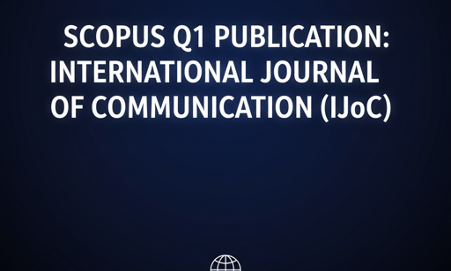


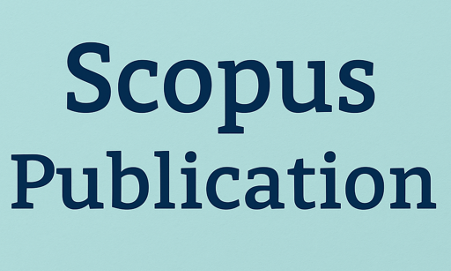
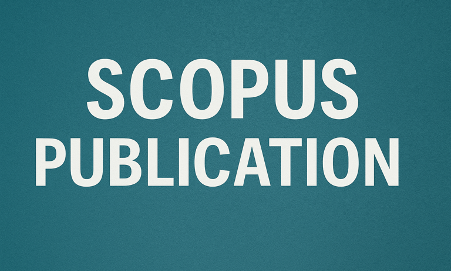
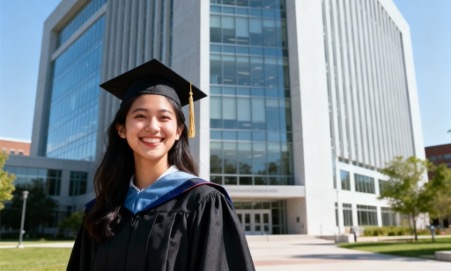


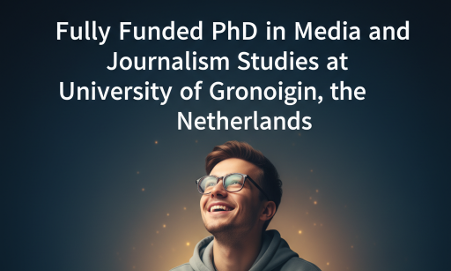
Leave a Reply